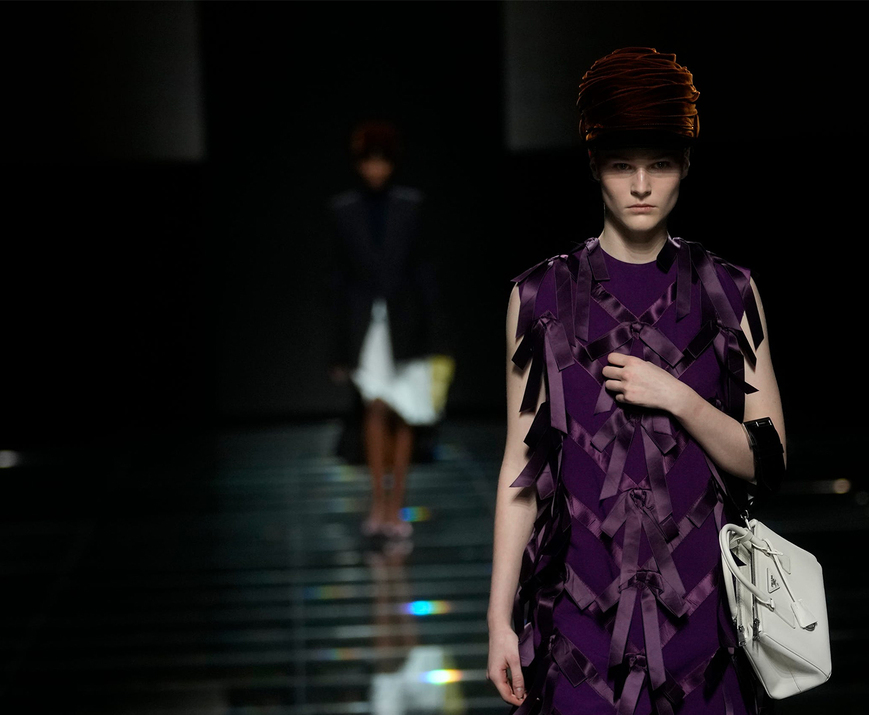
Like a seasoned captain navigating stormy seas, the Prada Group has steered its way through choppy economic waters, posting a 13% revenue surge to €1.34 billion in Q1 2025. The numbers arrive like a perfectly tailored suit—crisp, precise, and impossible to ignore—as the fashion titan digests its recent Versace acquisition.
While flagship Prada stood unshaken as an oak tree against last year's gale-force comparisons, its rebellious younger sibling Miu Miu erupted like champagne at 60% growth. The dichotomy speaks volumes: heritage whispers stability while avant-garde shouts disruption.
Chairman Patrizio Bertelli's reflection on the quarter carried the quiet confidence of a master watchmaker: "Agility isn't opposed to craftsmanship—it's its dance partner." His words crystallize the group's tightrope walk between rapid adaptation and preserving the alchemy of Italian savoir-faire.
CEO Andrea Guerra, meanwhile, read the room like a seasoned sommelier: "Complexity is the new vintage." His prognosis? The second half may bring softer comparisons, but the market's tannins will remain bold and challenging.
The impending Versace acquisition (slated for late 2025) positions Prada as Italy's answer to French luxury juggernauts—a move as strategic as a grandmaster's pawn sacrifice. When the deal closes, the chessboard will feature three queens: Prada's intellect, Miu Miu's whimsy, and Versace's flamboyance.
In an industry where perception is oxygen, Prada breathes rare air—proving that even in uncertainty, creativity compounds like interest. The question isn't whether they'll weather the storm, but how many umbrellas they'll sell along the way.
















